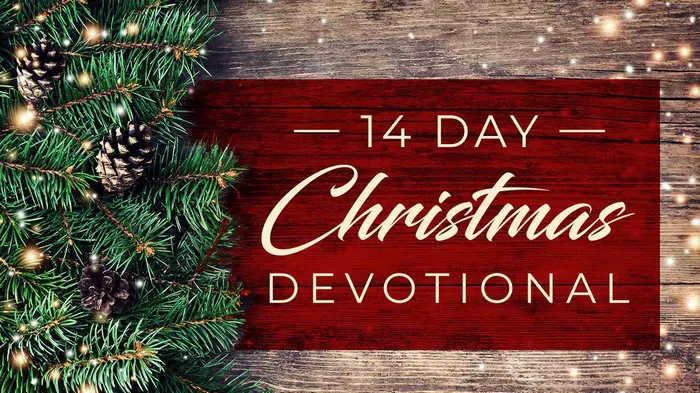Christmas, a global celebration marking the birth of Jesus Christ, holds profound significance for millions around the world. While the festive spirit is ubiquitous, the question of why Christmas falls on December 25th persists. Delving into the historical, religious, and cultural dimensions, this article aims to unravel the intricate tapestry of traditions that have converged to designate December 25th as the auspicious day for Christmas celebrations.
Ancient Roots: Pagan Festivals and Winter Solstice
The origins of Christmas on December 25th can be traced back to ancient pagan traditions and celestial events. Long before Christianity, various cultures celebrated the winter solstice, the shortest day of the year in the Northern Hemisphere. In Rome, this occasion was marked by Saturnalia, a festival honoring the agricultural god Saturn, and Juvenalia, a feast for children.
Moreover, December 25th also corresponded with the birth of Sol Invictus, the “Unconquered Sun,” in the Roman Empire. Emperor Aurelian established Sol Invictus as a state religion in the late 3rd century CE, and his birthday was celebrated on December 25th. This solar association likely influenced the Christian adoption of the date for celebrating the birth of Jesus.
Christian Adoption: Theological Perspectives
The choice of December 25th as the date for Christmas is not explicitly mentioned in the Bible. Early Christians did not initially celebrate Jesus’ birth, focusing instead on his resurrection (Easter) as the central event of their faith. However, by the 4th century CE, the Christian Church sought to establish a unified celebration of Christ’s nativity.
The selection of December 25th by Christian leaders was likely strategic, aiming to co-opt existing pagan festivities and provide an alternative focus for believers. By appropriating the date associated with Sol Invictus, the Church could redirect the Roman populace’s devotion from the sun god to Jesus Christ, the “Light of the World.”
Additionally, some theologians argue for the symbolic significance of December 25th in relation to Jesus’ conception. According to ancient Christian tradition, Jesus was conceived on March 25th, which aligns with the traditional date of his crucifixion. By extension, his birth would then fall nine months later, on December 25th.
SEE ALSO: What Does God Think About Christmas?
Cultural Influences: Merging Traditions
As Christianity spread throughout Europe, it encountered diverse cultural practices and traditions. Many of these were assimilated into Christian celebrations, including Christmas. For instance, Germanic peoples celebrated Yule, a midwinter festival, during which they feasted and burned the Yule log to ward off evil spirits. The Christmas tree, now a ubiquitous symbol of the holiday, is believed to have originated from Germanic pagan customs.
Similarly, the Anglo-Saxons celebrated Modraniht, or “Mother’s Night,” around the winter solstice, honoring maternal ancestors and goddesses. This tradition gradually melded with Christmas festivities, contributing to the emphasis on familial gatherings and reverence for the Virgin Mary in Christian observances.
Reformation and Reinterpretation
The Protestant Reformation of the 16th century brought about significant changes in the observance of Christmas. Reformers such as Martin Luther criticized the excesses and commercialism associated with the holiday, advocating for a return to simpler, more spiritually focused celebrations. In some Protestant denominations, such as the Puritans in England and America, Christmas was even banned outright for a time due to its perceived pagan and Catholic influences.
Despite these challenges, Christmas persisted as a cherished holiday in many regions, albeit with varying customs and emphases. In England, for example, the Victorian era witnessed a resurgence of Christmas traditions, popularized by authors like Charles Dickens and the revival of caroling, feasting, and gift-giving.
Globalization and Secularization
In the modern era, Christmas has transcended its religious origins to become a global cultural phenomenon. While it remains a sacred holiday for Christians, it is also celebrated by people of diverse faiths and backgrounds, often as a secular occasion focused on family, generosity, and goodwill.
The commercialization of Christmas, particularly in Western societies, has led to criticism regarding its materialistic excesses and detachment from its religious significance. However, many still find meaning in the traditions of gift-giving, decorating, and gathering with loved ones, irrespective of religious affiliation.
Conclusion
The celebration of Christmas on December 25th is a complex tapestry woven from ancient pagan rituals, Christian theology, cultural assimilation, and modern globalization. While its origins may be rooted in diverse traditions and historical circumstances, the essence of Christmas transcends religious boundaries, encompassing themes of love, hope, and renewal.
As we gather with family and friends to exchange gifts, share meals, and cherish moments of joy, let us reflect on the rich tapestry of traditions that have converged to make December 25th a day of celebration and significance for millions around the world. Whether through religious observance or secular festivity, may the spirit of Christmas inspire goodwill and kindness in our hearts, uniting us in the timeless message of peace on earth and goodwill to all.

